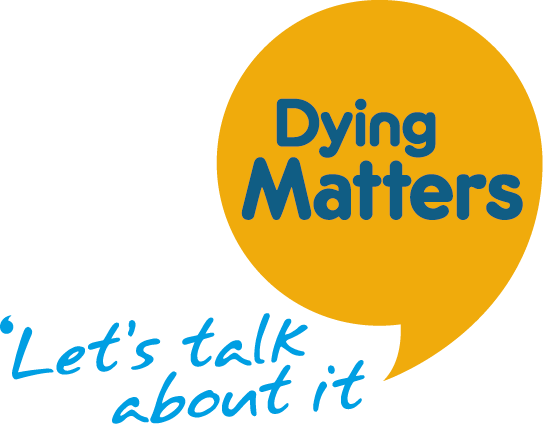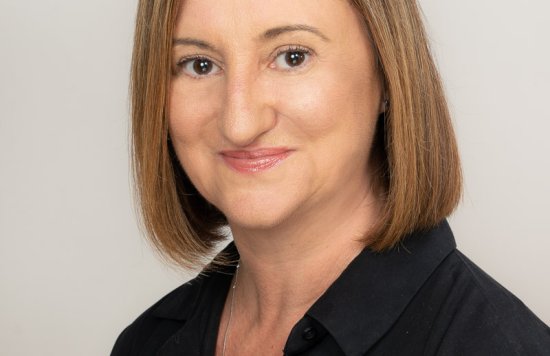 Dr Patricia Potter, Consultant Clinical Psychologist/Associate Director of Psychology talks about what can be going on for the person and how we can best support them.
Dr Patricia Potter, Consultant Clinical Psychologist/Associate Director of Psychology talks about what can be going on for the person and how we can best support them.
We hear time and time again that following a bereavement, there is a sense that people avoid talking to the person about it. This may be because we are not confident about such conversations, we feel awkward, we don’t know what to say and we don’t want to make the person feel worse. So we often end up saying nothing at all. But in reality, people appreciate even a clumsy attempt to acknowledge what has happened than no communication at all.
Losing someone affects people in different ways. Even if the death was expected or comes at the end of a long illness, it can still be a big shock. The circumstances of the death can further complicated our response. It can challenge our expectation of the natural order of things if a child dies before a parent, or when someone dies in an accident or from a criminal act. People often go through phases in their emotions and response to the loss as they gather their thoughts and process what has happened.
There is no set formula for what helps at this difficult time. Some people like to keep busy and be distracted from their feelings. So you might have a situation where someone wants to be at work the day after their loved one has died, and that’s ok. Some will need time and space to reflect and remember.
Both of these responses are right for that person. We all have different ways of coping. The bereaved person may not know themselves what they want. They may feel they want to be at work and then realise that it is not the place they need to be after all. So it is important when supporting a bereaved colleague that they are able to change their mind about what they need. Everyone is different – it is not the same for everyone. And don’t expect them to make a decision straightaway. Outline the options and give them time to go away and think about it.
When you are speaking to someone who has had a loss, it is enough to simply acknowledge it. Just asking how they are and saying that you understand that they have had a loss will be appreciated. You don’t need to know the details unless they wish to tell you. Just ask open questions.
If you want to show empathy by sharing your own experience of bereavement, do so tentatively. You can’t say you know how they feel – because you don’t. And while knowing that you're not the only one and others go through the same things can be helpful, you don’t want to burden them further with your sad feelings. So just convey that you understand and are sympathetic. Ask if there is anything you can do or if there is anything you can do to help.
People sometimes ask if anti-depressants can be useful at these times. These are mostly used when there is a clinical diagnosis of depression which isn’t the case here. In many ways, we have become quite detached from death in society. We want to stem difficult and upsetting feelings and emotions. However, we need to remember that these feelings are a normal response and people need to be kind to themselves. And accept that they have feelings of sadness, anger, etc.
Likewise, if someone doesn’t feel sad or feels generally OK, that is their natural response or they may still be assimilating what has happened. If people have moments of laughter or fun, they should not feel guilty or wrong – we all respond differently.
Going back to the issue of anti-depressants, the feeling of bereavement may come in waves. People describe it as feeling ok one minute and very sad the next. If after many months someone is not experiencing any level of joy or break in their grief, or have no energy with an absence of any emotion, it might be time to visit their GP to talk about how they are feeling. And remember, birthdays, anniversaries and other occasions will be events when the loss is felt again as they experience these for the first time without the person (or second time or everytime). We can use these times to remember and celebrate loved ones who are no longer with us.
As we spend a large amount of our time at work with our colleagues, it is good that Dying Matters Awareness Week has chosen support in the workplace as this year’s theme. Being kind and taking time to speak with and listen to a bereaved colleague will be remembered and appreciated.
Useful Contacts
There are a number of organisations that can help at these times:
What to do when someone dies (Government website step-by-step advice)
Marie Curie
NHS Confidential Bereavement Support (operated by Hospice UK). Call 0300 303 4434
Sudden
Samaritans Call 116 123 free
Good Grief Trust
Cruse
At a Loss
